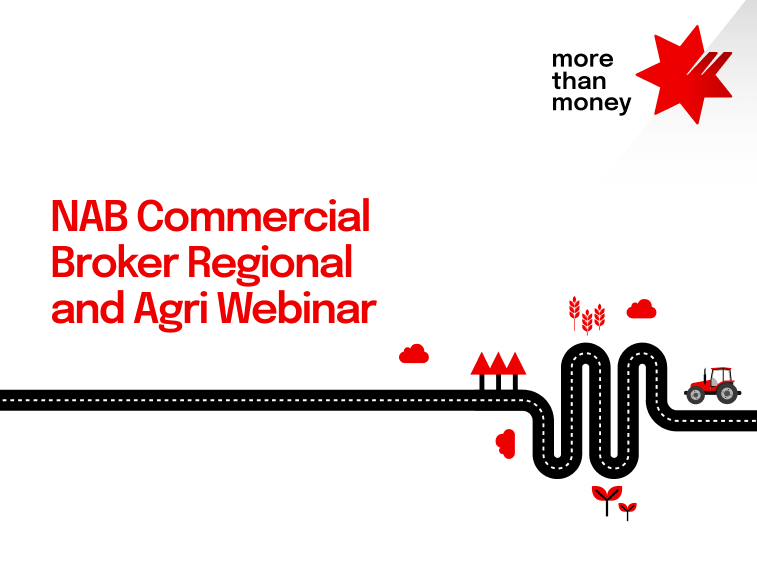An exclusive webinar to help you deliver the best outcomes for your R&A business. Watch now.


Webinar
Run by four families, Flinders Ranges Premium Grain in South Australia has an expanding grain and flour export business that sells itself on the location and soil it’s grown in, in the same way wine does.
Run by four families, Flinders Ranges Premium Grain in South Australia has an expanding grain and flour export business that sells itself on the location and soil it’s grown in, in the same way wine does. Their specialised Katana wheat is acclaimed by frozen dough producers in India and the Middle East as much as it is by artisan bakers in Australia.
It’s taken 15 years, but Flinders Ranges Premium Grain (FRPG) in South Australia is riding an export boom for their flour made from low-yield hard wheat called Katana.
The Ranges’ low rainfall and limestone rich soil give their specialised wheat an elastic protein profile that gives it an extended frozen shelf life without the inclusion of preservatives or additives. This has made it popular among frozen dough producers in India and the Middle East as well as artisan bread producers in Australia.
“We knew that doing well as a business meant moving away from producing a soft commodity where we were at the wrong end of the pricing chain,” says FRPG CEO Peter Barrie.
“We looked at what food producers in different markets required as well as what our four family-run properties in the Flinders Ranges could best produce. We started experimenting with hard wheat. While not as high yield as many grains, the elastic, high protein qualities of the grains opened up premium markets to us – abroad and at home.”
Ongoing research and development (R&D) is a hallmark of FPRG’s business strategy. From early on, they formed a solid relationship with Adelaide TAFE to test how the flour grown on their farms performed for different segments of the food industry.
“Discovering how our wheat performed as a baking ingredient led us to identify our niche export market,” says Barrie. “Once we knew what we needed to provide to frozen dough producers, we continued testing wheat varieties until we found our best for purpose grain.”
This emphasis on R&D coupled with ‘paddock-to-plate’ traceability helped FRPG secure the Bakers Circle India and the Middle East contracts to supply the flour for frozen dough for the regions’ Subway stores.
Even with the Indian contract well established, Barrie still travels to India, and now Dubai, to check how his flour performs within its production environment and as an end product in the local Subway stores. “It’s satisfying being part of the whole production process in all these different places,” he adds.
Quality, consistency and traceability are equally important for FRPG’s large overseas clients. The company has a fully auditable path from farm to shipping that guarantees the clean and green standards of their produce. This traceability involves having their own storage silos and mill, so there is no risk of contamination with inferior grain from other farms.
Australia’s reputation as clean and green is a big drawcard internationally. The National Residue Testing Standards are a good base. However, Barrie points out that most countries and big food manufacturers have their own strict standards. This makes meeting individual customer protocols time-consuming.
“It’s another reason single origin grain and flour from small family owned farms holds an international advantage,” he says. “We can provide the traceability and quality control. The low rainfall on our properties means fewer chemicals. We don’t need fungicides, and we select varieties that are disease resistant. Being a family farm is a definite marketing advantage. Companies and consumers like to know where their flour has come from and have the security of knowing who produced it.”
Barrie is excited about the future of Australian agriculture and FRPG in particular. While acknowledging that the falling dollar helps, he doesn’t shy away from the need to continuously explore new markets and tailor wheat for their needs, saying: “It’s a non-stop learning curve for everyone involved”.
FRPG is currently working with the University of Adelaide’s School of Chemical Engineering to try and double the shelf life of wholemeal wheat and, if international demand is high enough, set up a wholemeal mill.
“We keep one step ahead of the market by identifying and then solving a problem for the food industry,” he says.
FRPG went on three government trade missions in 2015. So far, they’ve steered clear of China because the margins were too low. However, that market is opening up for premium primary produce. “We’re looking to diversify into three or four countries plus develop our domestic artisan sourdough flour market,” says Barrie.
He sees great opportunities for young farmers today. The export market is opening up in exciting ways – if farmers become part of the food industry instead of suppliers of a soft commodity.
“Accept the challenges, and life on and off the farm gets more interesting,” advises Barrie.
More from NAB:
© National Australia Bank Limited. ABN 12 004 044 937 AFSL and Australian Credit Licence 230686.